Certified AI in Transportation Specialist
Length: 2 days

The Certified AI in Transportation Specialist Certification Course by Tonex is designed to provide professionals with comprehensive knowledge and practical skills in applying artificial intelligence (AI) to the transportation industry.
This course covers a range of AI applications, from autonomous vehicles to predictive maintenance, route optimization, traffic management, and supply chain management.
Participants will gain insights into the latest AI technologies, methodologies, and best practices, preparing them to innovate and lead in the rapidly evolving transportation sector.
Learning Objectives:
- Understand the fundamentals of AI and its applications in transportation.
- Analyze the role of AI in enhancing the functionality and safety of autonomous vehicles.
- Apply AI techniques for predictive maintenance to optimize fleet management.
- Utilize AI for efficient route optimization and logistics planning.
- Implement AI solutions for effective traffic management and control.
- Integrate AI into supply chain and inventory management processes to improve efficiency and accuracy.
Target Audience:
- Transportation engineers and planners
- Fleet managers and logistics professionals
- Supply chain managers
- Data scientists and AI specialists
- IT professionals in the transportation sector
- Business analysts and consultants in transportation and logistics
Program Modules:
- AI for Autonomous Vehicles
- Overview of AI in autonomous driving
- Sensor fusion and perception systems
- Machine learning algorithms for navigation
- Real-time decision-making processes
- Safety and regulatory considerations
- Case studies of autonomous vehicle deployments
- Predictive Maintenance for Fleet Management
- Introduction to predictive maintenance
- Data collection and preprocessing for maintenance
- Machine learning models for failure prediction
- Implementing predictive maintenance systems
- Cost-benefit analysis of predictive maintenance
- Case studies in fleet management
- AI in Route Optimization and Logistics
- Fundamentals of route optimization
- AI algorithms for logistics planning
- Real-time route adjustment techniques
- Integrating AI with GIS and mapping systems
- Performance metrics and optimization goals
- Case studies in logistics and distribution
- AI for Traffic Management and Control
- Traffic data acquisition and analysis
- AI techniques for traffic prediction
- Adaptive traffic signal control systems
- Incident detection and response
- Integration with smart city infrastructure
- Case studies in traffic management
- AI in Supply Chain and Inventory Management
- AI in demand forecasting and planning
- Inventory optimization using machine learning
- Supply chain risk management with AI
- Automation in warehousing and fulfillment
- Blockchain and AI for supply chain transparency
- Case studies in supply chain innovation
By the end of this course, participants will be equipped with the knowledge and skills to harness AI technologies for transforming transportation systems and operations, driving efficiency, and fostering innovation in the industry.
Exam and Certification Details
Exam Domains:
- Industry-Specific AI Applications: Understanding the unique applications and benefits of AI in the respective industry.
- AI Tools and Techniques: Knowledge of AI tools, techniques, and technologies used in the industry.
- Implementation Strategies: Skills in implementing AI solutions within industry-specific contexts.
- Regulatory and Ethical Considerations: Understanding the regulatory and ethical implications of AI in the industry.
- Case Studies and Best Practices: Analyzing real-world examples and best practices of AI implementation.
Question Types:
- Multiple Choice Questions (MCQs): Questions with four or more answer choices, where only one is correct.
- Multiple Select Questions: Questions with multiple correct answers out of a list of options.
- True/False Questions: Questions that require the candidate to determine if a statement is true or false.
- Scenario-Based Questions: Questions that present a hypothetical scenario and ask the candidate to apply their knowledge to solve a problem or make a decision.
- Drag-and-Drop Questions: Interactive questions where candidates drag and drop items to match, sort, or rank them correctly.
- Simulation Questions: Questions that require candidates to perform tasks or troubleshoot problems in a simulated environment.
Passing Criteria:
- Minimum Passing Score: Candidates must score at least 70% on the exam to pass.
- Sectional Cutoff: Candidates must achieve a minimum score of 60% in each exam domain to ensure a balanced understanding of all key areas.
- Time Limit: The exam must be completed within 3 hours. Candidates are encouraged to manage their time effectively across all sections.
